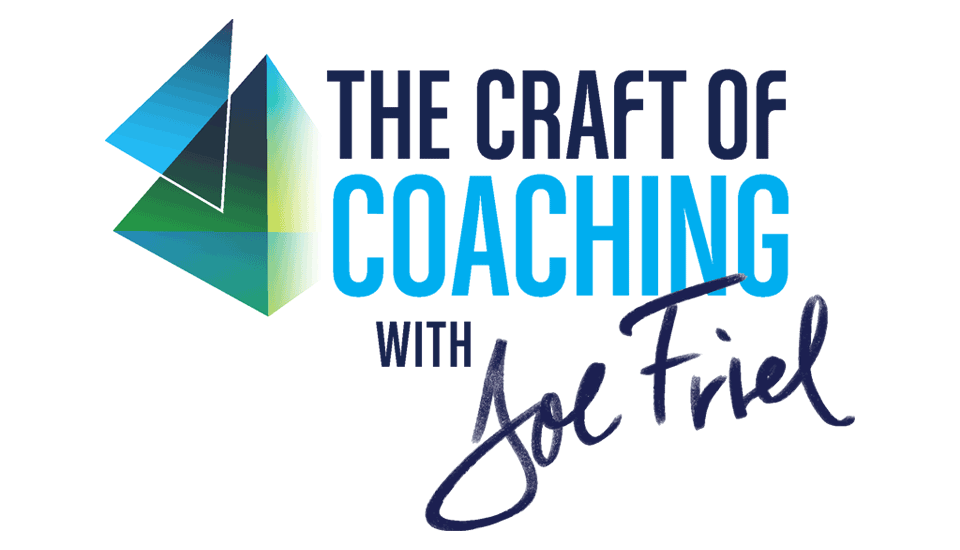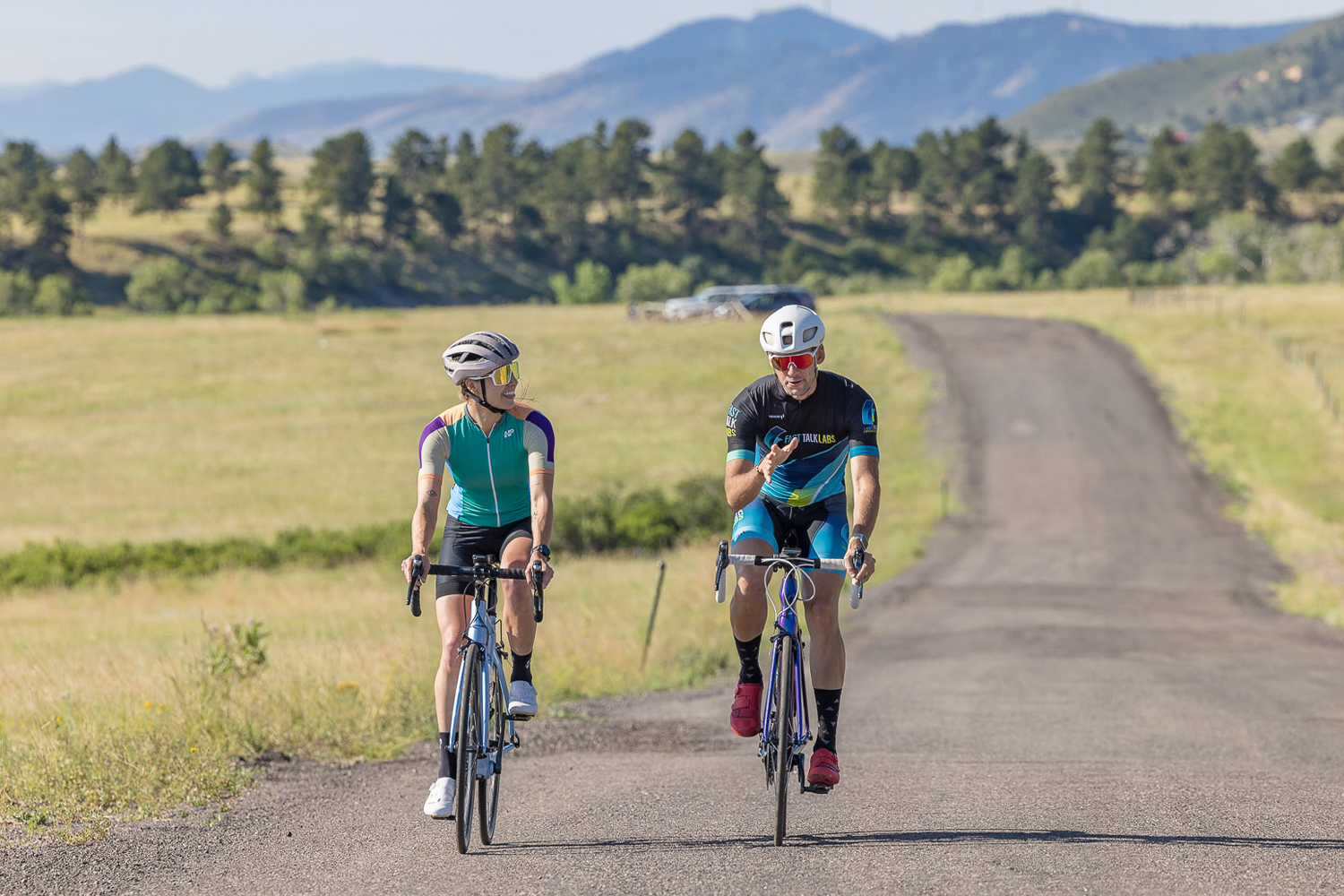Training athletes for endurance sports is not too complicated as an intellectual concept. At its most basic level, training comes down to duration, intensity, and frequency. Some blend of workout durations and intensities completed frequently and regularly, mostly within the confines of the sport, will prepare the athlete for performance. However, the formula becomes increasingly complex when the many other determiners of athletic success are factored in: the athlete’s physical and psychological limits; the time available for training; weather, terrain, and altitude; sport-related equipment; lifestyle; who the competition may be on race day; likelihood of injury; and plenty more considerations—not least of which is the athlete’s sport-related goal, which may be very high.
Given all of these variables, training is actually quite complicated, and this is why the athlete seeks the guidance of an experienced coach. The complexity of managing performance is the reason you have a job and can charge a fee for your knowledge and wisdom. These are skills in your toolbox, utilized in all of the methods you employ to produce athletic success.
Your toolbox certainly needs to have both knowledge and wisdom. Knowledge is what we typically call the science of coaching. What the athlete should do and when he or she should do it. This is learned from studying and applying the methodologies of training. Wisdom is central to the art of coaching. This is where the question “why” is often asked. A wise coach takes a somewhat deep look at what defines the athlete and draws conclusions about how best to go about preparing them for the event. The wise coach seeks to understand the athlete’s limits. The wise coach, being human, also knows that it’s impossible to know everything and there’s no assurance that every decision made will be the right one.
Wisdom is what you gain through the experience of working with many athletes throughout your career. Knowledge, which unfortunately tends to make us overly sure of ourselves, can be gained in a few weeks, perhaps even in hours. Wisdom, on the other hand, takes years to achieve and seems to allow us to question that which we were once sure of. Coaches with high levels of both knowledge and wisdom are rare and in high demand. In this module, we will be examining how the coach can marry knowledge and wisdom to help their athlete reach their potential.
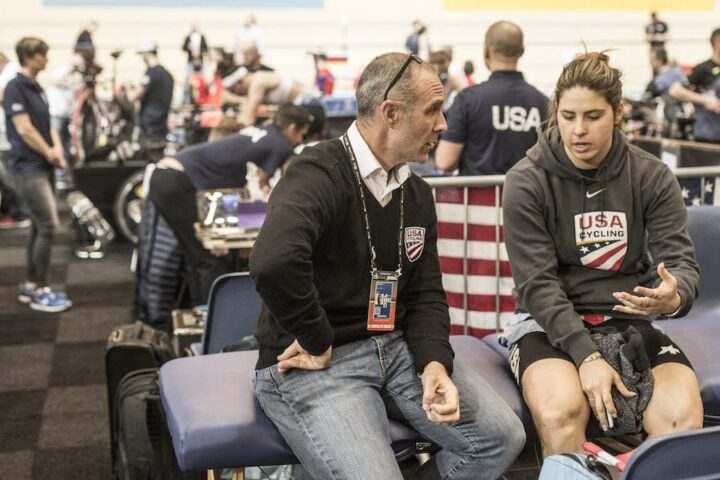
Improve Your Athlete’s Chances of Success
Being an empathetic coach is important—as is learning to listen to your athlete and understand their unique strengths and weaknesses—and then use these to build a race plan and training program that sets them up for success. In the article below, Joe Friel examines how best to do this, which includes an example plan for a competitive triathlete looking to run a sub-3-hour end-of-season marathon.
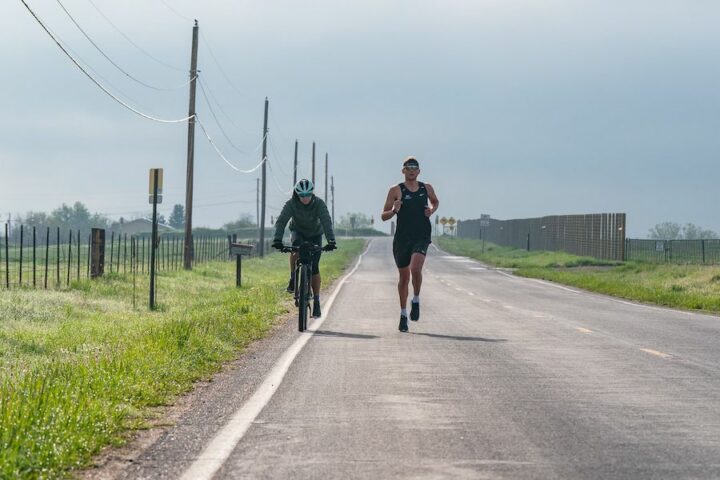
Creating a Race Plan to Guide Training
Of course, once you and your athlete have your race plan and training program, the work has only just begun. Keeping your athlete on-track, motivated, healthy, and engaged will require plenty of monitoring and measuring of data, both objectively and subjectively. In this video interview with high-performance coach Ben Day, Joe Friel does a deep-dive on the best ways to do this—and the answers are not as data-driven as you might think.
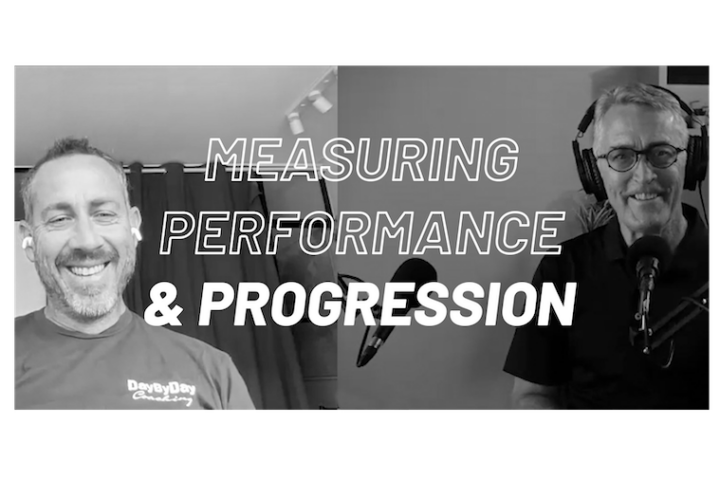
Measuring Performance and Progression
Data Analysis
There’s no denying the importance of data when it comes to helping your athletes progress and perform at their best. The data now available to coaches and athletes can be overwhelming, so knowing which metrics to monitor—and exactly how they should be interpreted—is more significant than ever. In the video that follows, Joe Friel talks through the most important training metrics that every coach needs to understand.
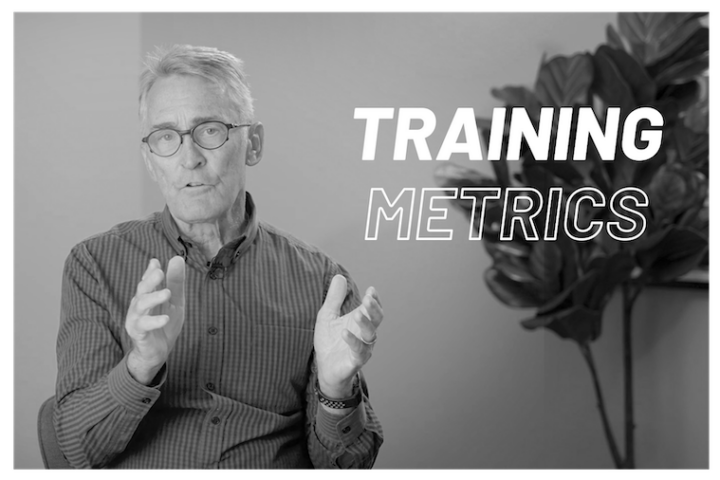
Training Metrics
Your athletes will only get fitter, faster, and stronger when they undertake the right type of training for the right duration with the right frequency. Balancing frequency, intensity, and duration is key in determining optimal training load. The video below unpacks this balance to help you keep your athlete progressing well.
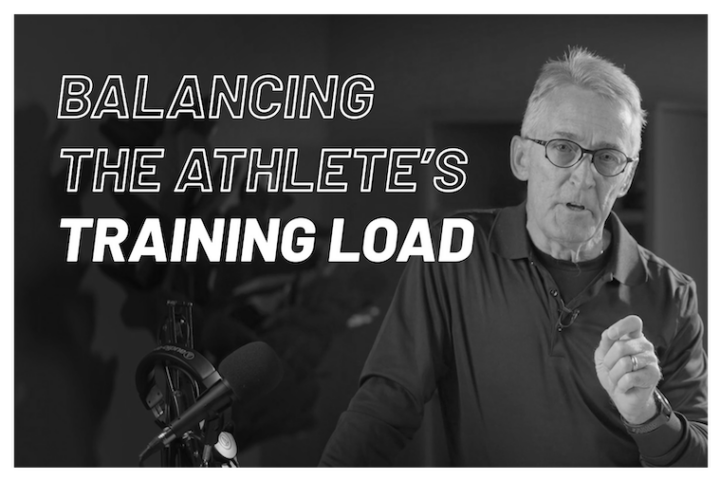
Balancing the Athlete’s Training Load
Decision-Making
It’s inevitable: not every athlete you work with will make progress in a linear fashion. There will be setbacks, hiccups, and issues to deal with along the way. One of the most frustrating problems—for both you and your athlete—can be hitting a plateau. Knowing how best to deal with these periods is incredibly important, not just for your athlete, but for the coach-athlete relationship. The article below takes a comprehensive look at how to problem solve performance plateaus and many other common issues.

Troubleshooting Performance Plateaus
Many motivated athletes don’t need help in doing more training, they need guidance in knowing when to pull back, do less, and prioritize health over fitness and performance. As a coach, you are in an incredibly powerful position to help them make the right choices at important times in their athletic career. Preventing an athlete from overtraining, helping them stay healthy and well, and continuing to enjoy the sport they love are some of the most important aspects of your job. The article below explores the journey of an athlete coming back from being overtrained when the stakes were very high.
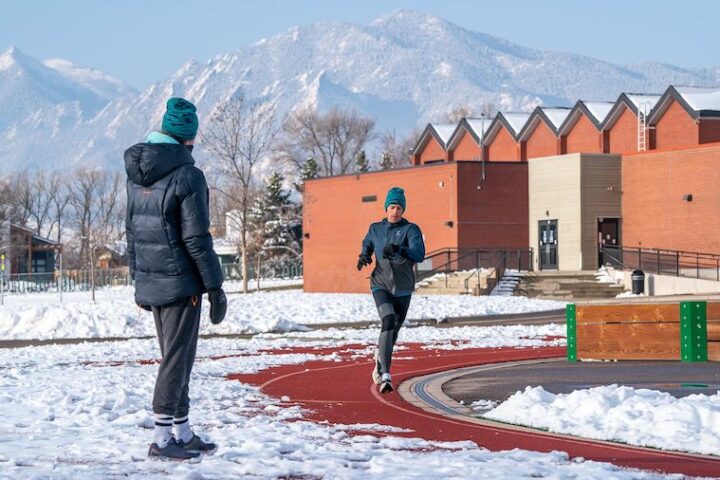
Is Your Athlete Approaching Their Athletic Potential?
Getting an athlete to the start line of their race with just the right amount of form can be a challenging task. The formula will rarely be the same for every athlete. The video below looks at the many variables that come into play as you prepare your athlete to be race ready.
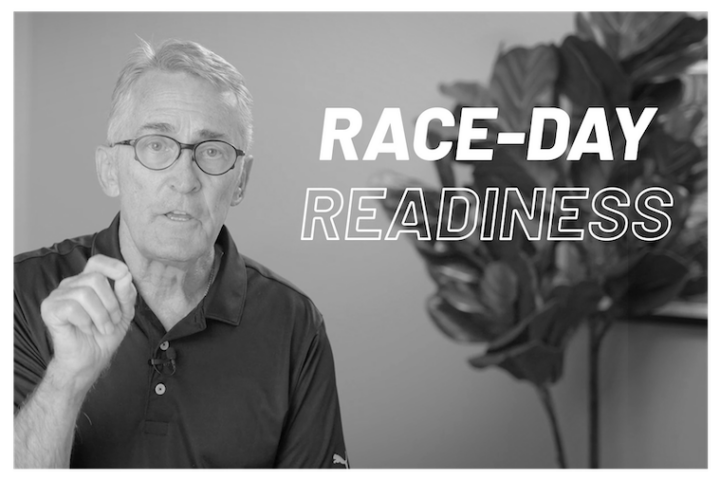
Race-Day Readiness
Critical Thinking
When a race doesn’t go as planned, it can be tough—for both athlete and coach. The lessons we learn from these disappointments, though, can help set us up for future success. In the video below, Joe Friel chats with triathlon coach Julie Dibens, who has tasted success and failure as both an athlete and coach, and takes a philosophical view on how failure can help us all get better.
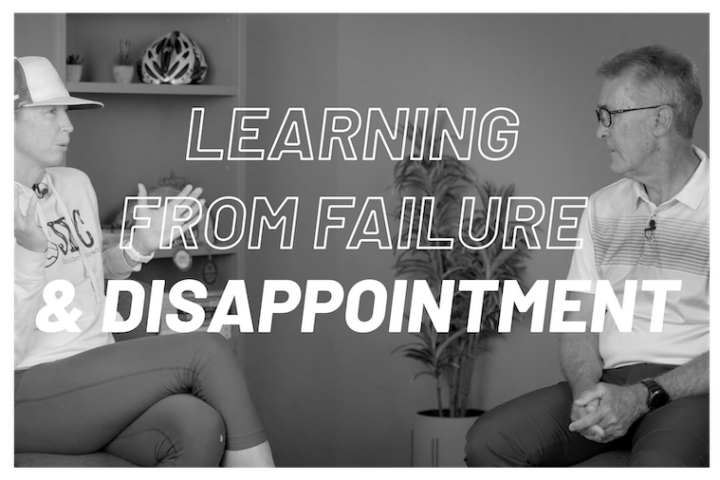
Helping Athletes Learn from Failure and Disappointment
Win or lose, being able to comprehensively assess and analyze performance is the cornerstone of sound coaching. Being ready, able, and willing to talk through races good and bad with your athlete is critical to future success. The article below will help you approach these conversations with confidence and preparedness.
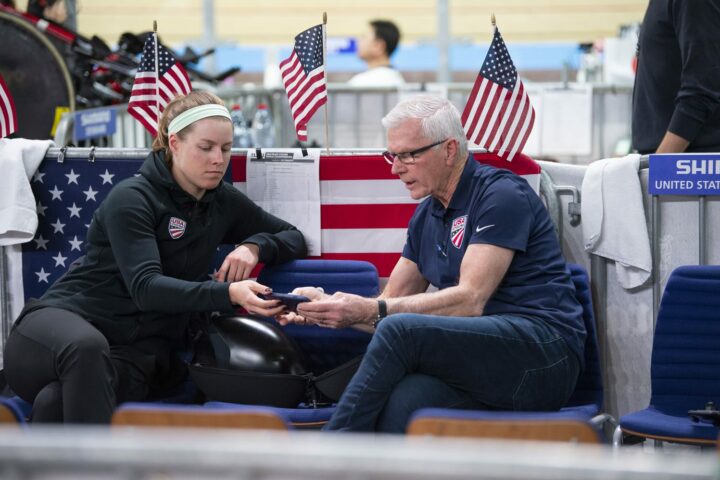
Best Practices for Post-Race Debrief and Analysis
Once post-race analysis is complete, being able to objectively take a step back and decide what needs to happen next is an important part of coaching, as well as an important part of the coach-athlete relationship. Being able to move your athlete forwards, from both strong performances and lackluster ones, is the sign of a confident, competent coach. In this concluding article, Joe Friel shares his insights on the best way to do this.
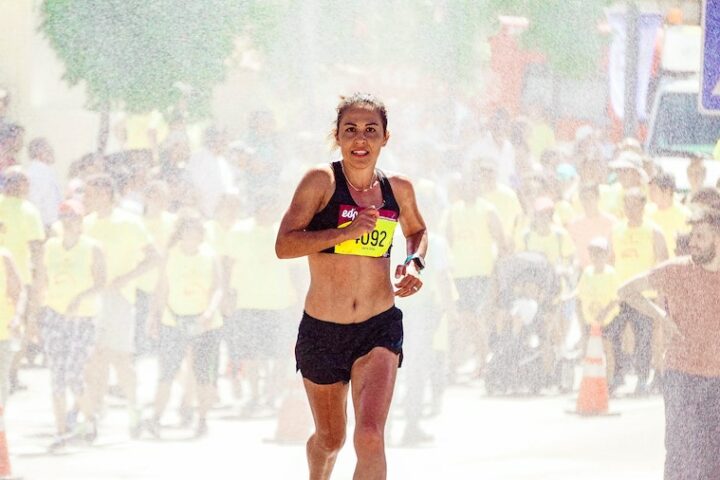
How to Gain Wisdom in the Aftermath of Racing
Learn a few basics about business services in our free downloadable Craft of Coaching Playbook: How to Grow Your Coaching Business by Coach Philip Hatzis.
